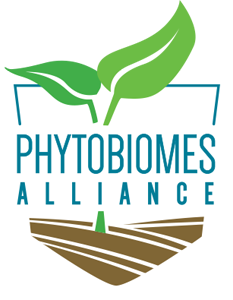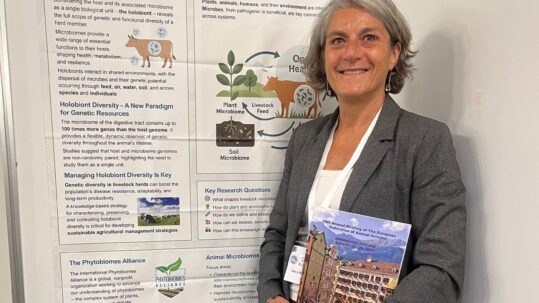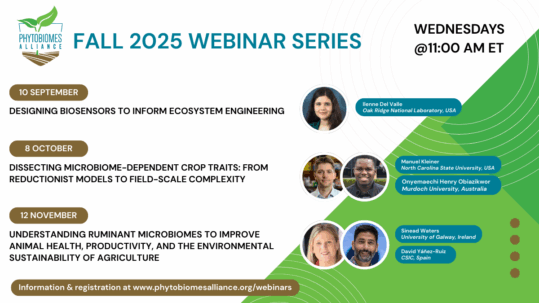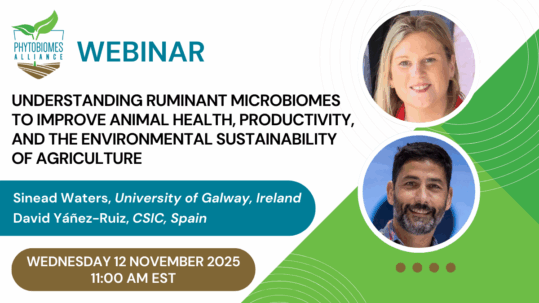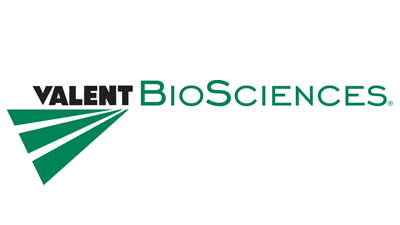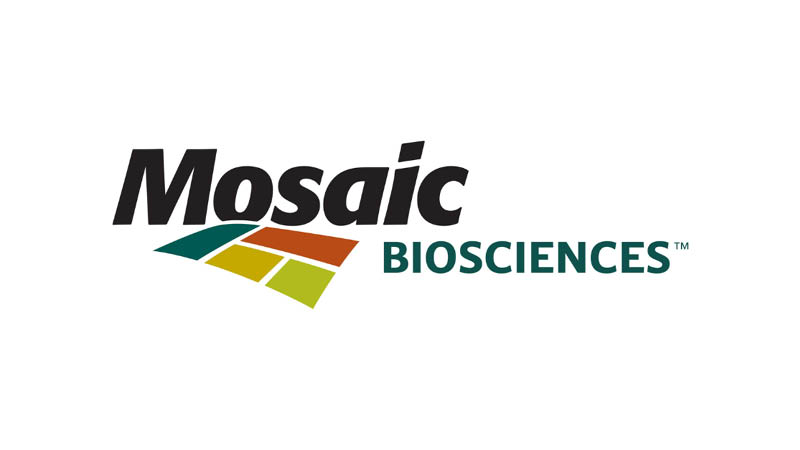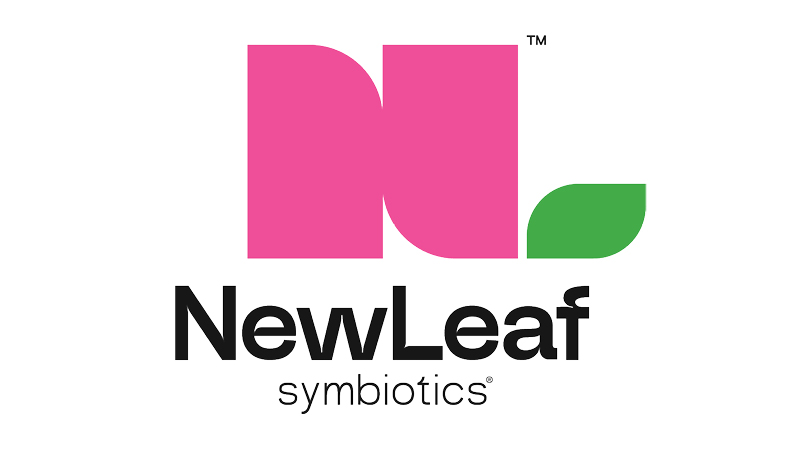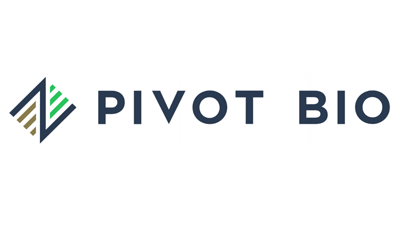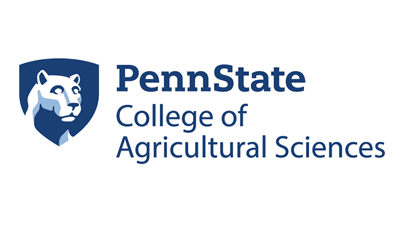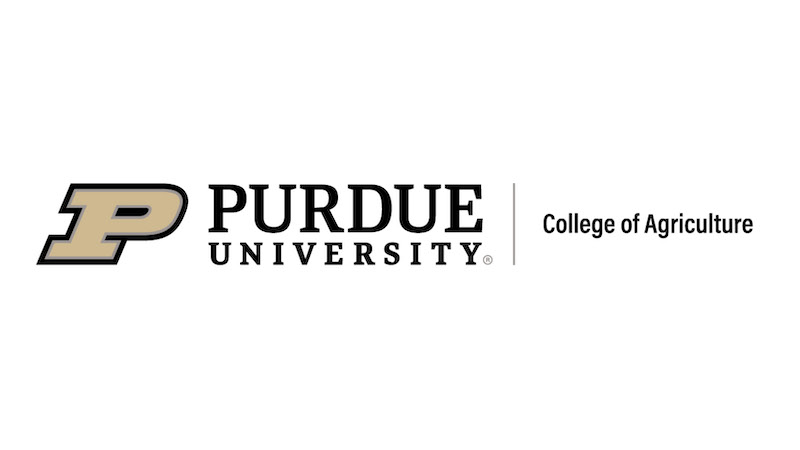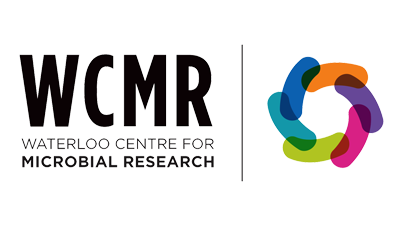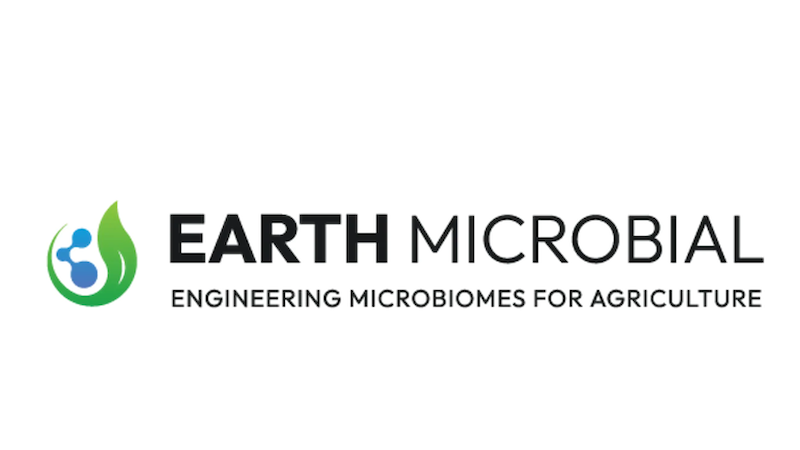Featured Project
Improved identification and detection of select agent Ralstonia solanacearum strains threatening the US potato industry
The goal of this project is to develop a data-driven framework for improving the regulation and detection of Rs strains that threaten US agriculture.
The primary purpose of this project is to precisely circumscribe the authentically threatening Rs strains that are highly aggressive on potato at cool temperatures using a combination of phenotypic assays and bioinformatics to evaluate current diagnostic markers.
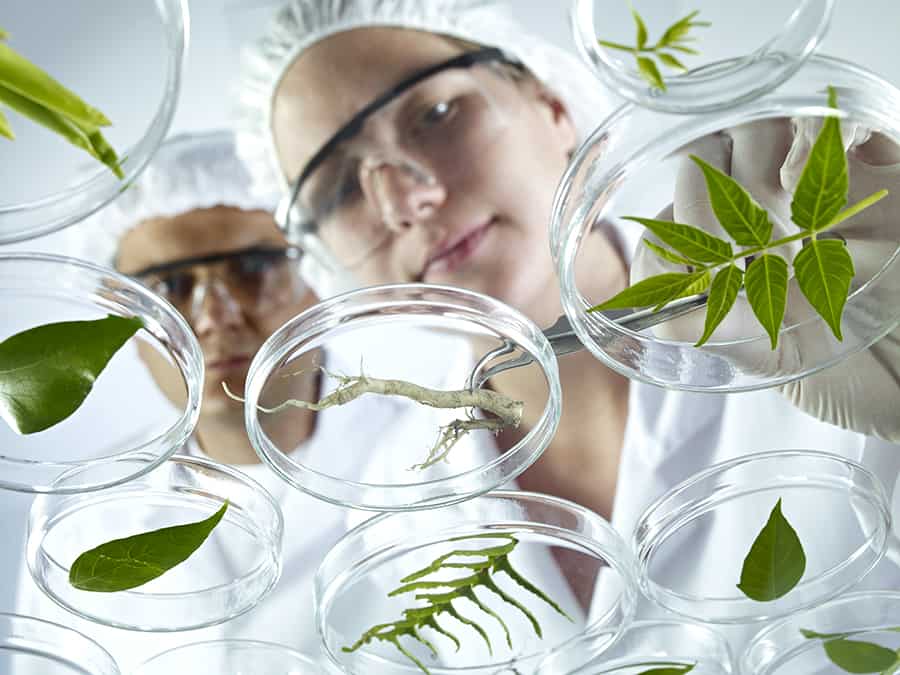
Upcoming Events
Organized by the Alliance
Designing biosensors to inform ecosystem engineering
Webinar
10 September 2025 • Virtual



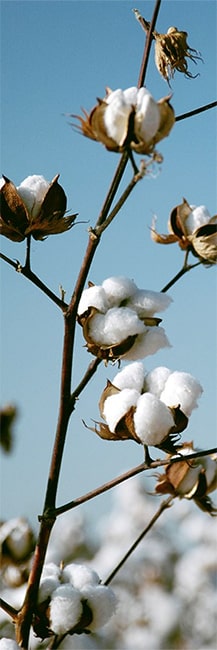
Featured Sponsor
Syngenta
Syngenta Crop Protection is a leader in agricultural innovation, bringing breakthrough technologies and solutions that enable farmers to grow productively and sustainably. We offer a leading portfolio of crop protection solutions for plant and soil health, as well as digital solutions that transform the decision-making capabilities of farmers. Our 17,900 employees serve to advance agriculture in more than 90 countries around the world. Syngenta Crop Protection is headquartered in Basel, Switzerland, and is part of the Syngenta Group.
Latest News
-
-
The Alliance at ISAG 2025
The Alliance participated to 40th International Society for Animal Genetics Conference in Korea with a poster and an oral presentation. July 24, 2025 News -
Fall 2025 Webinar Series – Registration Is Now Open!
Join us this fall for three webinars showcasing the diversity of phytobiomes research topics – from biosensor development to microbiome applications in plants and livestock. July 17, 2025 News, Webinar -
Webinar: Understanding ruminant microbiomes to improve animal health, productivity, and the environmental sustainability of agriculture
Microbiomes play critical roles in sustainable agriculture and food security, particularly influencing ruminant health, productivity, nutrition and the environment. July 14, 2025 News, Webinar
